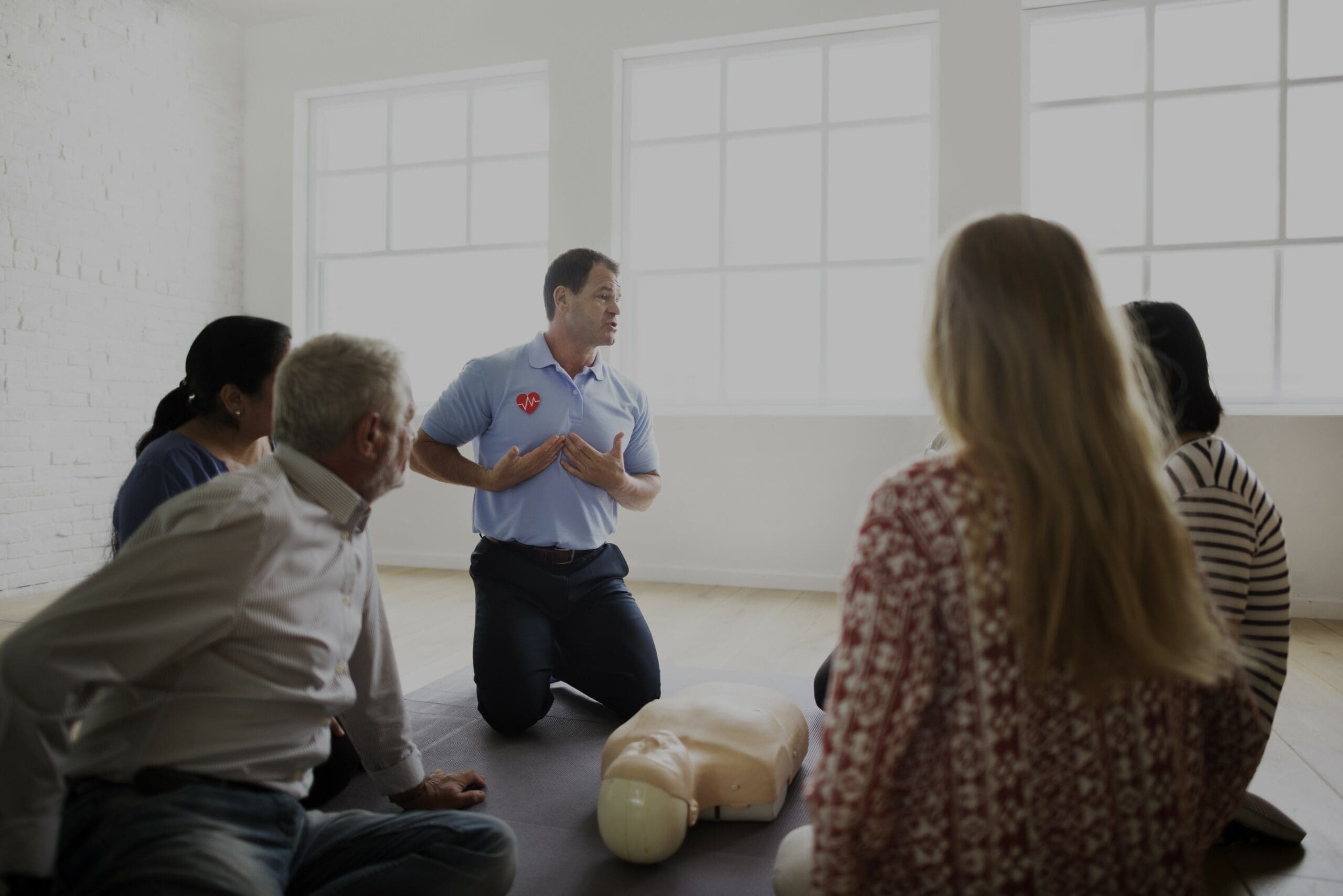‘Universal whole-of population telehealth … will now be permanent,’ Federal Health Minister Greg Hunt confirmed on November 27th, 2020. Now that we know telehealth is here to stay, it may be time to put down the phone and level up your telehealth game.
Studies show that video consults result in fewer medication errors, greater diagnostic accuracy, and better rapport building between clinicians and patients, when compared to the telephone. Video telehealth has also proven its ability to reduce no-shows, delays, cancellations and save practices money.
So, what exactly is video telehealth?
Video telehealth refers to clinical consultations between a healthcare provider and patient or client, with an audio and visual connection. These consultations are held at distance via a video consultation platform.
But video telehealth is more than just a video call. Modern platforms allow providers and patients to access in-call resources that replicate brick and mortar capabilities. For example, file and image sharing, interactive clinical assessments, artificial intelligence tools and more, to enhance diagnostic accuracy and improve patient outcomes. They also have higher security levels than consumer-grade products
How does it work?
Video telehealth services can be offered by all allied health professionals, general practitioners and specialists. Patients and practitioners simply need a modern device with a camera, microphone and speaker (generally in-built) and a stable internet connection.
Currently, over 87% of Australian households have internet access, with the majority of citizens owning a desktop computer, laptop, smartphone or tablet. Given the rollout of the NBN and continued work to minimise the digital divide, video telehealth is highly accessible.
For those who do not have internet or a modern device at home, local health or community centres are often able to provide sufficient access.
How does video telehealth compare to phone consultations?
Studies have shown that video telehealth results in fewer medication errors, greater diagnostic accuracy, improved decision-making accuracy and reduces readmissions when compared to the telephone. Research also shows that video consultations are more effective in building rapport and improving communication between patients and their healthcare providers. Video telehealth also allows for the easy inclusion of family members, support workers, carers, and translators.
Coviu, Australia’s leading video telehealth software provider, supports your transition to a blended model of healthcare and replicates your existing brick and mortar workflows. Join 50 000+ Australian clinicians already using Coviu and realise the potential of video consultations for your practice.
Sign up for a free trial, no credit card required.





